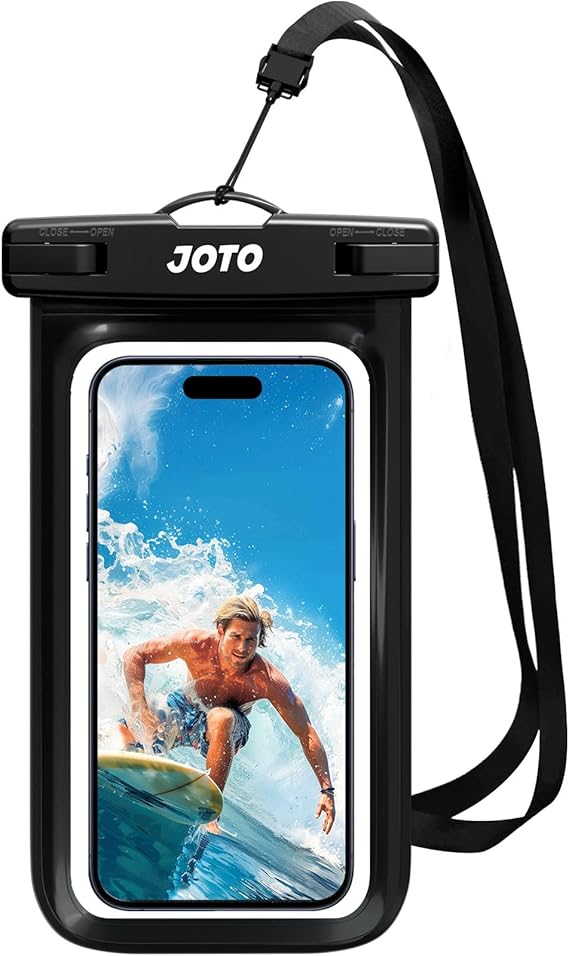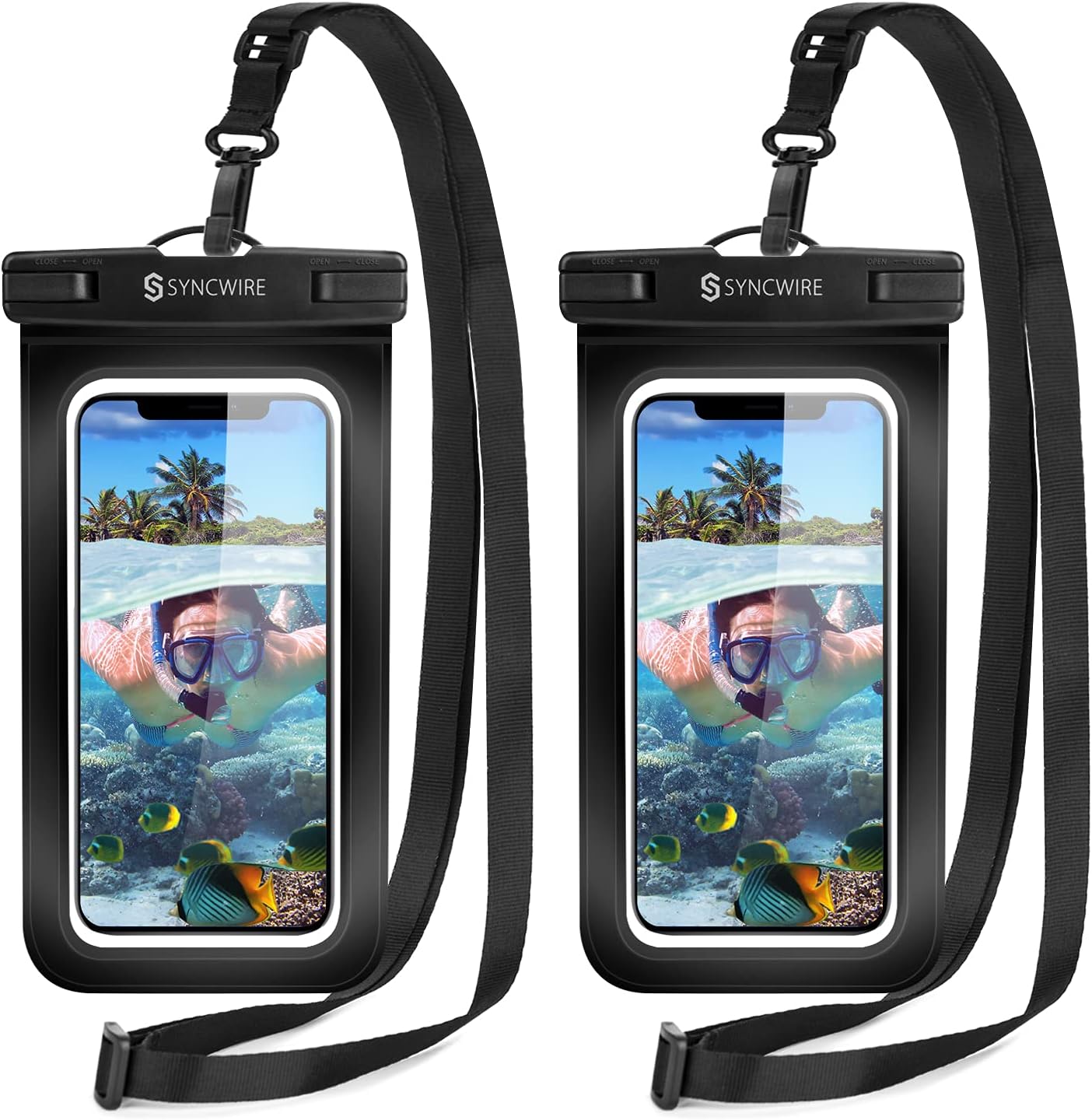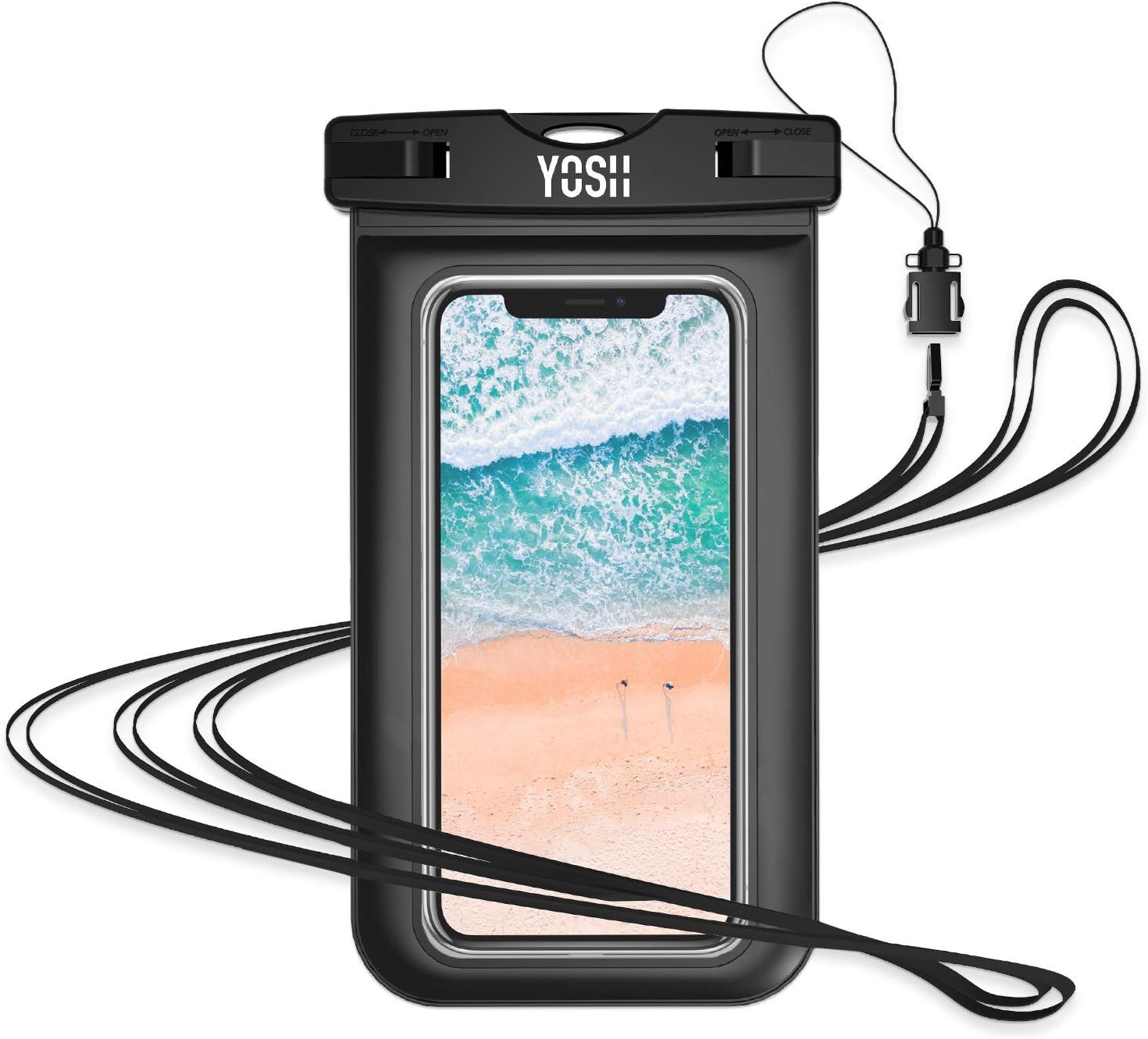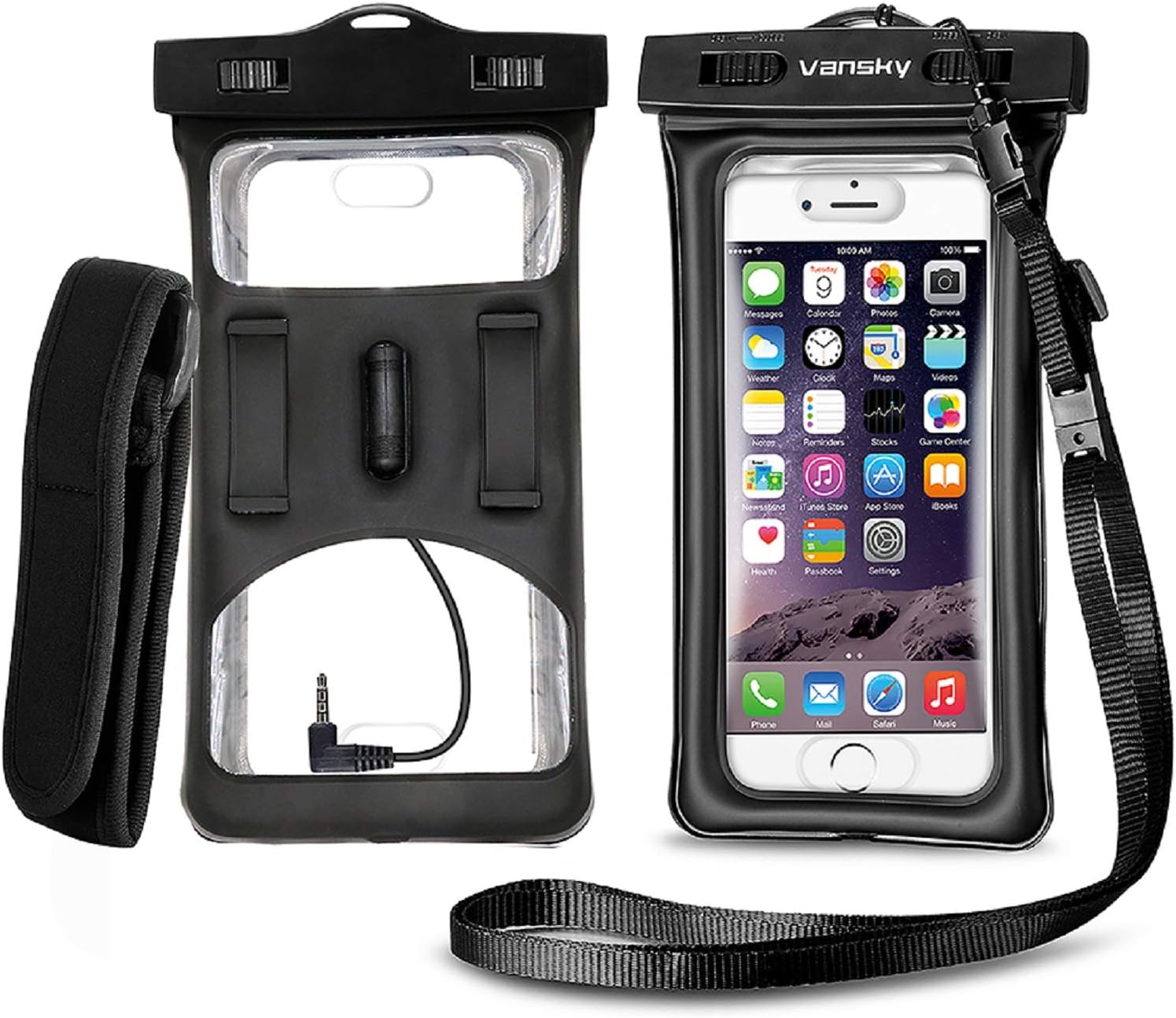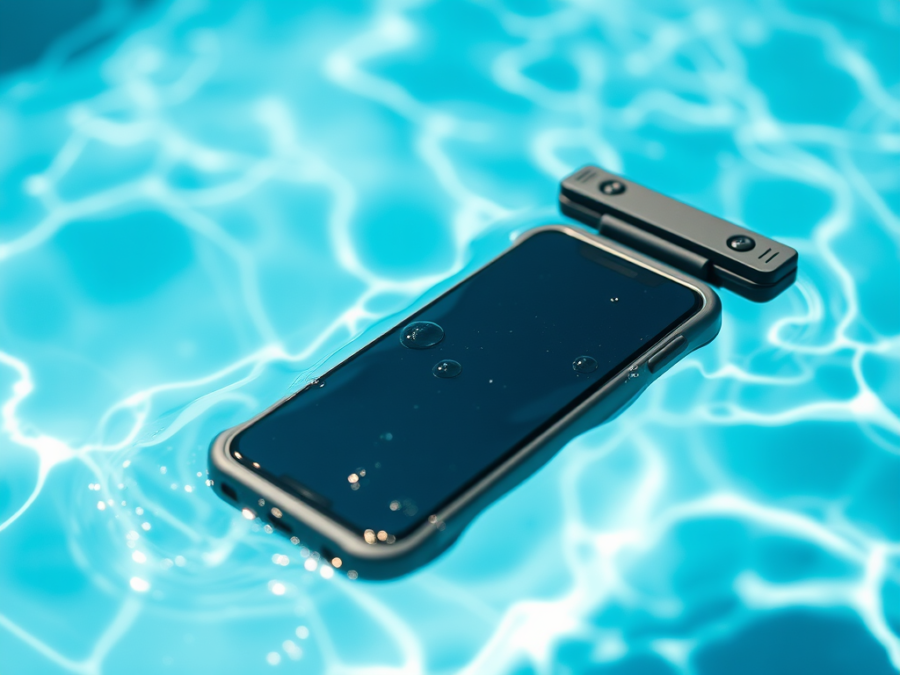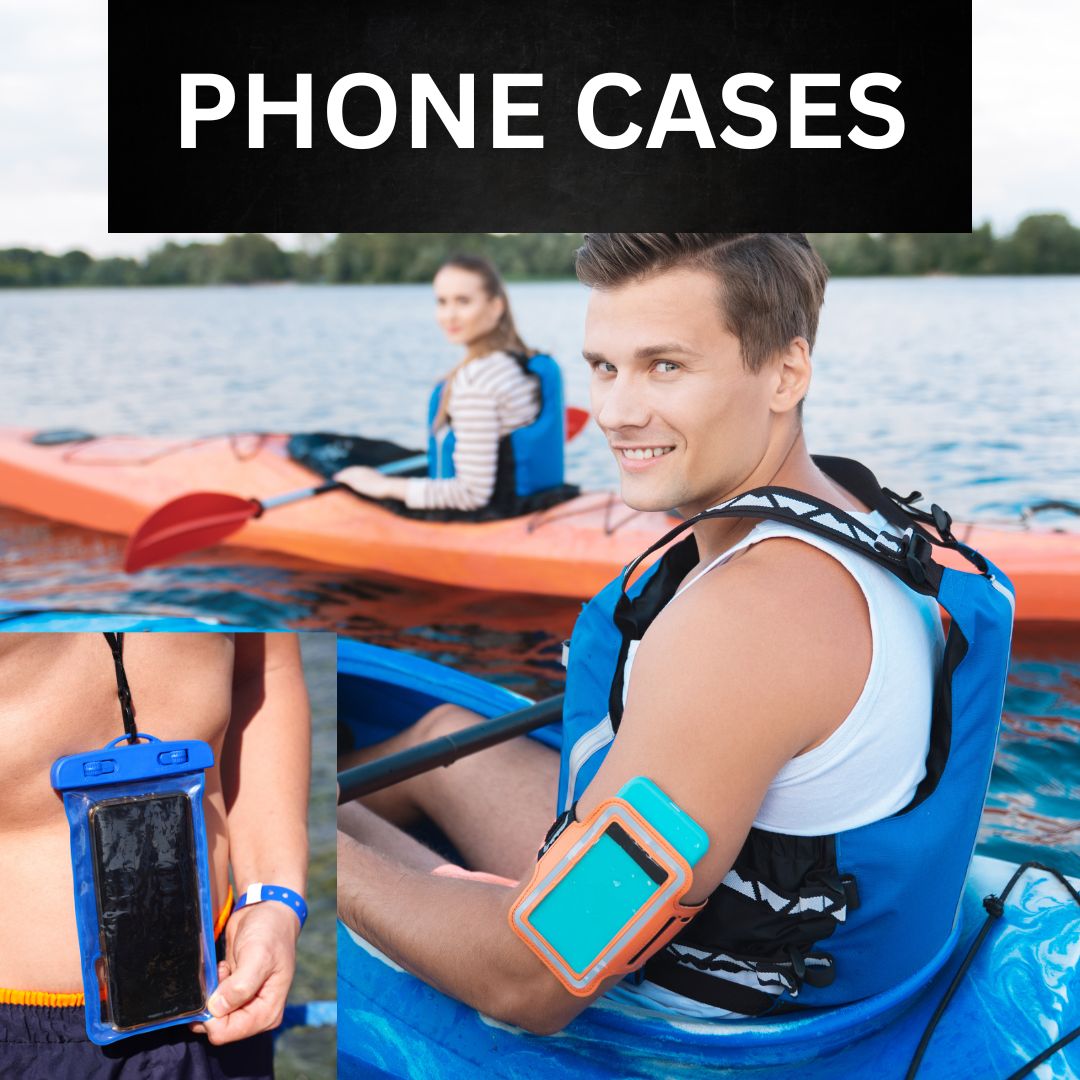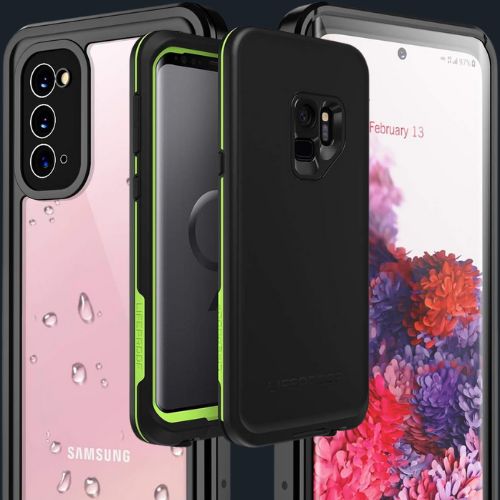Pros And Cons Of Using Waterproof Phone Cases In Saltwater – Expert Solutions for Every Seaside Adventure
When it comes to adventuring in the ocean or any saltwater environment, people often wonder about the pros and cons of using waterproof phone cases in saltwater. After all, the ocean is known for two things: breathtaking beauty and the ability to ruin electronics faster than you can say “low tide.”
So, how do you protect your phone from Neptune’s salty embrace? In this guide, we’re diving into the pros and cons of using waterproof phone cases in saltwater – exploring how these cases work, where they succeed, where they fall short, and how you can get the most out of them.
Spoiler: Saltwater and phones don’t mix, but with the right precautions, your phone can survive the waves just fine!
Pros And Cons Of Using Waterproof Phone Cases In Saltwater
When it comes to protecting your phone at the beach or during ocean adventures, waterproof phone cases are a popular choice. But do they really hold up against the harshness of saltwater?
While these cases can be great for keeping your phone dry, saltwater comes with its own set of challenges. Let’s break it down and explore what works and what doesn’t when your phone meets the sea.
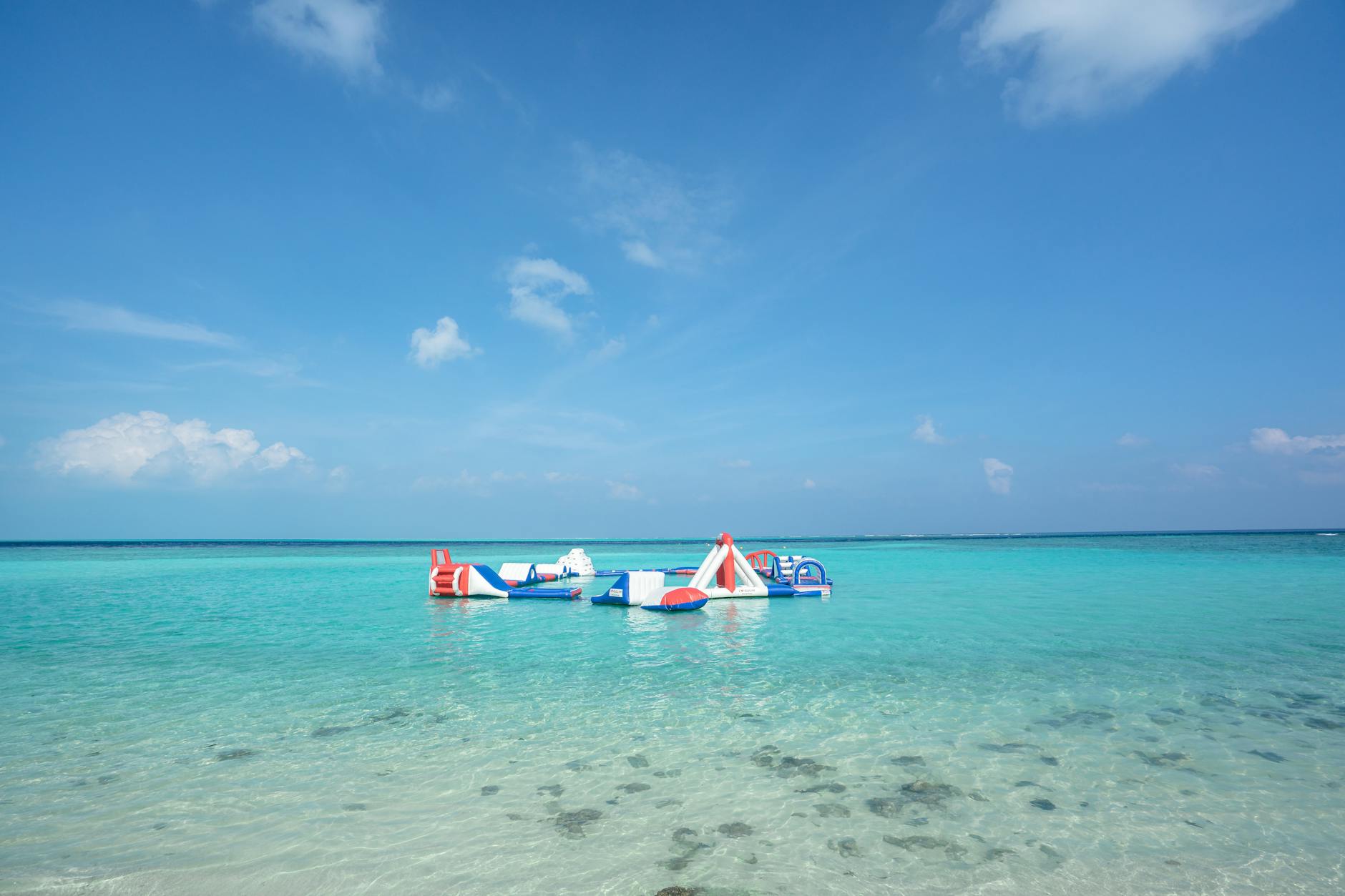
Pros of Using Waterproof Phone Cases in Saltwater
Let’s start with the sunny side of things—because when you think about the pros and cons of using waterproof phone cases in saltwater, there are actually some great reasons to invest in one of these handy gadgets.
|
|
|
|
1. Phone Cases Keep Your Phone Safe from Water (and Salt)
This one’s a no-brainer. The biggest pro is that a waterproof case keeps your phone safe from water damage. But here’s where saltwater comes in – it’s much harsher than freshwater. Salt has this nasty habit of corroding metals and messing with your phone’s electronics.
A well-made waterproof case can stop that from happening by forming a barrier between your phone and the salty sea.
Whether you’re wading in shallow waters or diving into the waves, a waterproof phone case will help you keep your phone dry. Just make sure the case you choose is rated for full submersion, because nothing ruins a beach day like realizing your “waterproof” case was only splash-proof!
2. Sand, Meet Barrier
Here’s another pro that people don’t always think about: protection from sand. If you’ve ever spent time on the beach, you know how sand gets everywhere – your bag, your clothes, your hair… and your phone.
Sand can scratch your phone’s screen, get into the charging port, and basically turn your sleek device into a sandy brick.
A waterproof case doesn’t just keep water out, it also keeps sand at bay. This is particularly handy for beachgoers, surfers, or anyone spending time on the shore. When considering the pros and cons of using waterproof phone cases in saltwater, this little side benefit can make all the difference.
3. Underwater Photography
One of the coolest reasons to get a waterproof case? Underwater photography! Think about it – you’re snorkeling in a vibrant coral reef, or maybe you’re just goofing around in the shallow surf, and you want to capture those moments without worrying about your phone sinking to the bottom of the ocean. A waterproof case lets you bring your phone along for the ride.
A good waterproof phone case will let you snap clear photos underwater, provided it has a quality lens window. However, not all cases are built for underwater photo ops, so it’s important to choose wisely. This is a huge pro for those who want to capture memories in places their phone normally wouldn’t survive.
4. Added Durability for Outdoor Adventures
Another pro of using waterproof phone cases in saltwater is their enhanced durability. Saltwater can be harsh on pretty much everything, but many high-quality cases are built to withstand those conditions.
These cases are made from materials that resist corrosion and cracking, so they’ll last longer even if you frequently hit the beach.
When you’re out on the water, whether you’re paddleboarding, kayaking, or just taking a dip, the last thing you want to worry about is your phone. A good waterproof case lets you focus on your adventure rather than your device’s safety.
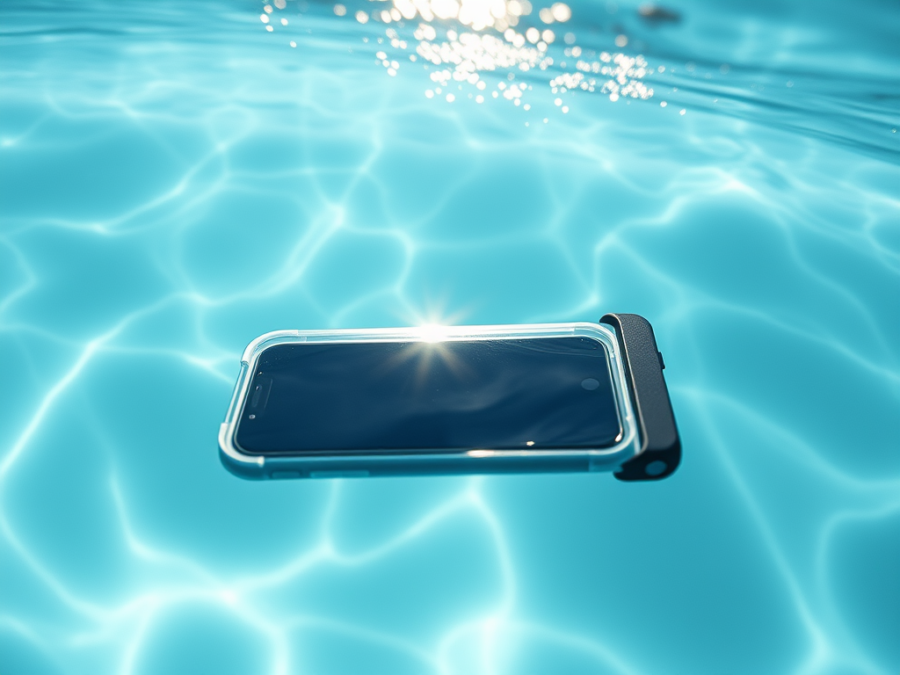
Cons of Using Waterproof Phone Cases in Saltwater
Now, I wish I could say it’s all sunshine and clear seas when it comes to waterproof cases, but that wouldn’t be realistic. There are some cons of using waterproof phone cases in saltwater that you should be aware of.
1. Saltwater Can Be Corrosive
Even the best waterproof cases can start to show wear and tear after repeated exposure to saltwater. Salt is notorious for causing corrosion, and over time, it can degrade the seals and materials of your waterproof case. This is especially true if you’re using it frequently in the ocean.
So, while your case will protect your phone for a while, saltwater exposure can eventually weaken the case itself. The fix? Rinse your case thoroughly with freshwater after each use and regularly inspect it for any signs of damage.
2. Touchscreen Sensitivity Takes a Hit
One of the more annoying cons of using waterproof phone cases in saltwater is the reduction in touchscreen sensitivity.
Saltwater can interfere with your phone’s touchscreen, making it harder to use your phone while it’s wet. If you’ve ever tried to swipe or tap on your screen with wet fingers, you know the struggle.
Unfortunately, even the best waterproof phone cases can’t always solve this problem. Some cases are better than others, but in general, expect to have a little more trouble using your phone if it’s wet. The good news? You’re at the beach – maybe it’s not the worst thing to put your phone down for a while.
3. Fogging and Salt Residue on the Lens
If you’re planning to take underwater photos, be warned: the lens window of your waterproof case can fog up. This happens because of temperature differences between the inside and outside of the case, which leads to condensation. Nothing ruins a photo op faster than a foggy lens.
Additionally, saltwater can leave residue on the lens, making your photos look hazy if not cleaned off right away. While fogging and residue aren’t deal-breakers, they’re definitely something to consider when weighing the pros and cons of using waterproof phone cases in saltwater.
4. Sound Quality Suffers
Sound quality is another con to keep in mind. Most waterproof phone cases muffle sound to some degree, and the problem can get worse in saltwater environments. Salt particles can clog up the acoustic channels in your case, leading to muffled audio during calls or when playing music.
While some high-end waterproof cases feature special acoustic membranes to minimize sound distortion, it’s still a common issue. If clear audio is important to you, this might be a significant downside.
5. Faster Wear and Tear
If you’re spending a lot of time in saltwater, be prepared for your waterproof phone case to wear out faster than you’d like.
The constant exposure to salt, UV rays, and physical stress from water activities can weaken the case over time. This means you might need to replace it more often than a case used in freshwater or on dry land.
How to Use Waterproof Phone Cases in Saltwater Effectively
By now, you’re probably thinking, “Alright, I get the pros and cons of using waterproof phone cases in saltwater, but how do I keep my case working longer?” Don’t worry – I’ve got some tips to help you make the most out of your waterproof phone case, even in harsh saltwater conditions.
1. Rinse with Freshwater After Every Use
After spending time in the ocean, make it a habit to rinse your waterproof case with fresh water. This helps remove any salt deposits that can build up and cause corrosion over time. It’s a simple step that can dramatically extend the life of your case.
2. Maintain the Seals
The rubber seals in your waterproof case are what keep the water out, but saltwater can wear them down faster than you might think. Inspect the seals regularly for any signs of cracking or damage, and apply silicone grease to keep them pliable and watertight.
3. Use Anti-Fog Wipes
If fogging is an issue for you when taking underwater photos, invest in anti-fog wipes or sprays. These can help prevent condensation from forming on the lens window. Some waterproof cases also come with anti-fog features, which is a bonus for photographers.
4. Choose the Right Case
Not all waterproof cases are built the same. If you’re frequently using your phone in saltwater, look for cases designed specifically for marine environments. These cases often use more durable materials and have extra features like UV resistance to help them last longer.
5. Clean Your Case Regularly
Keeping your case clean can make a big difference in how well it performs. After every beach day, use a microfiber cloth and fresh water to wipe down the case and clean out any sand or salt that might have found its way inside.

Maximizing the Pros and Addressing the Cons
When it comes to the pros and cons of using waterproof phone cases in saltwater, there’s no denying that the right case can offer excellent protection and even enhance your beach or ocean adventures. The key is to take the necessary steps to minimize the downsides.
By staying on top of maintenance, choosing a case designed for saltwater, and being mindful of how your case is holding up, you can ensure that the pros far outweigh the cons.
The Bottom Line on Pros And Cons Of Using Waterproof Phone Cases In Saltwater
The pros and cons of using waterproof phone cases in saltwater are pretty clear. These cases offer crucial protection for your phone, letting you take it places you never thought possible – like underwater! But, as with anything, they have their downsides. Saltwater is tough on gear, and your waterproof phone case is no exception
